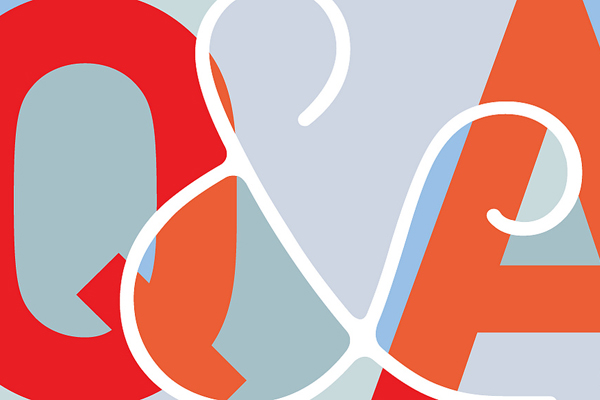In the light of fee hikes to education providers, TMR put a series of questions to the RACGP President
In the light of RACGP fee hikes to education providers in the new triennium, and questions of conflict of interest, TMR put a series of questions to RACGP President, Dr Bastian Seidel.
1. The RACGP had cash reserves of nearly $20m and revenue growth of 16%, according to 2015-16 financial statements. In this low-inflation environment, why does the College need to raise the fees for education providers?
RACGP’s cash at bank as at 30 June 2016 was $19,937,153 which reflects the 2016/2017 membership fees received prior to 30 June 2016. The cash at bank is progressively drawn down to cover the operating expenses of the RACGP.
The RACGP has more than 450 providers. Some offer a single program, several offer multiple programs and others are principally training and development businesses. We cover the costs of staff, audits, visits and checks of Provider offerings to ensure maintenance of standards and educational relevance.
The decision to implement the upload fee was not taken lightly, and was made after 18 months of deliberation, investigation and reviewing the program. The changes have been implemented as part of the RACGP’s commitment to continually evaluate and improve the QI&CPD Program and ensure costs are managed and audits are conducted effectively.
2. How much is the new $2 impost and accreditation fee increase expected to raise in the next triennium?
In the current triennium, analysis has shown that 95% of accredited Providers average less than 1000 GP attendances per year, 91% averaging less than 500 GP attendances per year and 60% of Providers averaging less than 100 GP attendances per year. We have not estimated a dollar figure.
3. Can you provide a breakdown of the drivers of the increased revenue over the past two years?
More members, increased staff, growth in event attendance such as GP16, IT and cost improvements.
4. Has the RACGP taken legal advice on whether its proposal for the compulsory PLAN component of CPD is anti-competitive under normal commercial rules applied by the ACCC? If so, what is the essence of that advice?
No. The RACGP sets professional standards and requirements as required by the Australian Medical Council – not the commercial market.
5. Does the College see itself as outside the scope of the ACCC’s regulations?
No.
6. Does the College see any potential conflict in being both the administrator of education for members and the provider of a compulsory CPD component?
General practitioners determine their learning needs and the RACGP does not direct choice of activity nor service provider. RACGP events do not cover the range required to cover the full scope of practice. RACGP provides less than one in four RACGP accredited education events. The RACGP delivers or has entered areas of delivery based on market shortfall. That is a lack of appropriate provision in the area or where there are limitations in choice, quality, scope and breadth.
7. Did the College consider independent GP education providers would be worse off and education choices may decline?
The RACGP represents the interests of our general practitioner members and the profession. As stated, the decision to implement the upload fee was not taken lightly, and was made after 18 months of deliberation, investigation and reviewing the program.
The expectation that GPs reflect and plan their three-year program is well-evidenced and internationally accepted as best-practice. The RACGP model enables GPs to have substantive choice as to what to undertake and from whom that education may be sought.
8. Will the RACGP consider allowing independent providers to offer a reflective CPD component such as that envisaged under PLAN? If not, why not?
The RACGP is responsible for the development of the CPD standards and accreditation and delivery of the program.
9. The new CPD requirements have been criticised for a lack of “consultation with stakeholders”, as required by the Australian Medical Council. Does the RACGP accept that members were not consulted adequately about this major change before it was presented?
PLAN was developed based on international best evidence. It is self-evident that there was an appropriate consultation component. PLAN was appraised by the RACGP Post Fellowship expert committee as well as the Censor in Chief and the Chair of the RACGP Pre Fellowship Chair. PLAN was appraised and approved by Council and presented at GP16. The video of the presentation is online. So is the panel discussion on which I was present when we talked about enhanced CPD vs revalidation.
In summary, PLAN went through the rigorous RACGP processes, which of course have been aligned with RACGP responsibilities under AMC accreditation.
10. Is a process under way to revise the program taking account of members’ views?
We review CPD at the end of every cycle. In addition, we are, of course, listening to our member views and feedback and when we find improvements we will make them. But we will not make decisions based on media commentary.
Should you have more questions on this topic for Dr Seidel, send them to kerri@medicalrepublic.com.au and we’ll invite him to respond.


